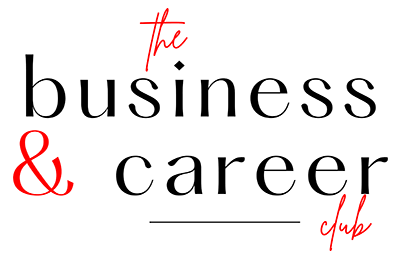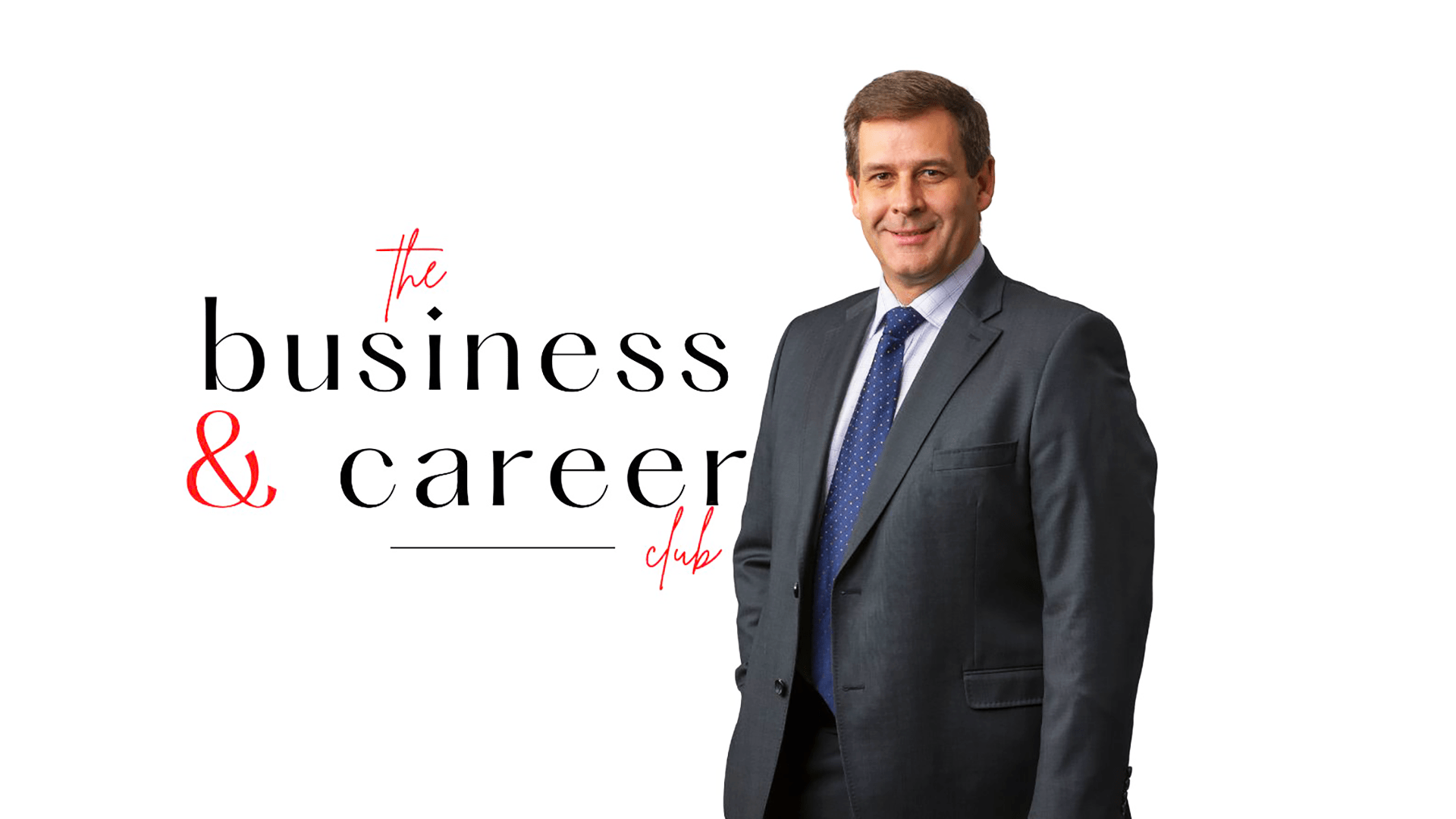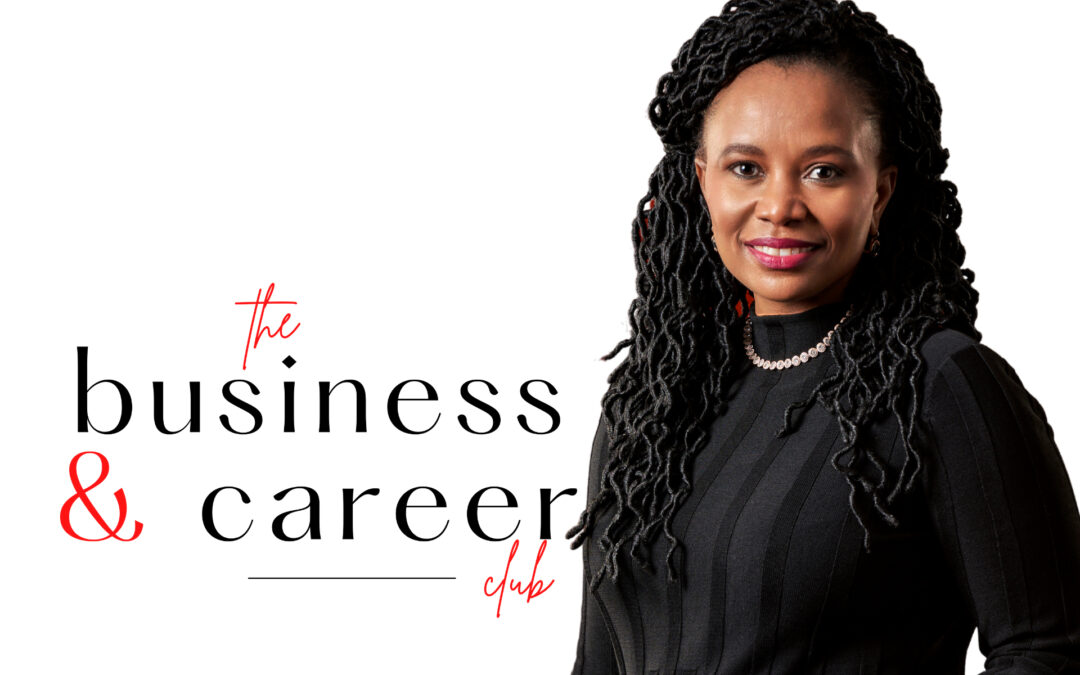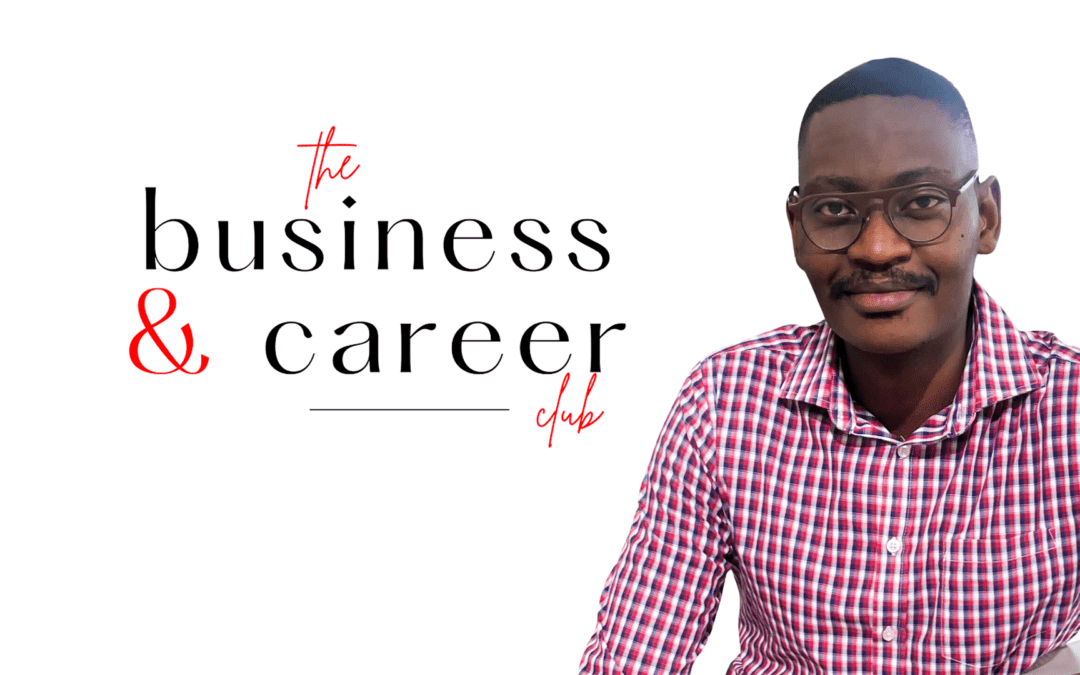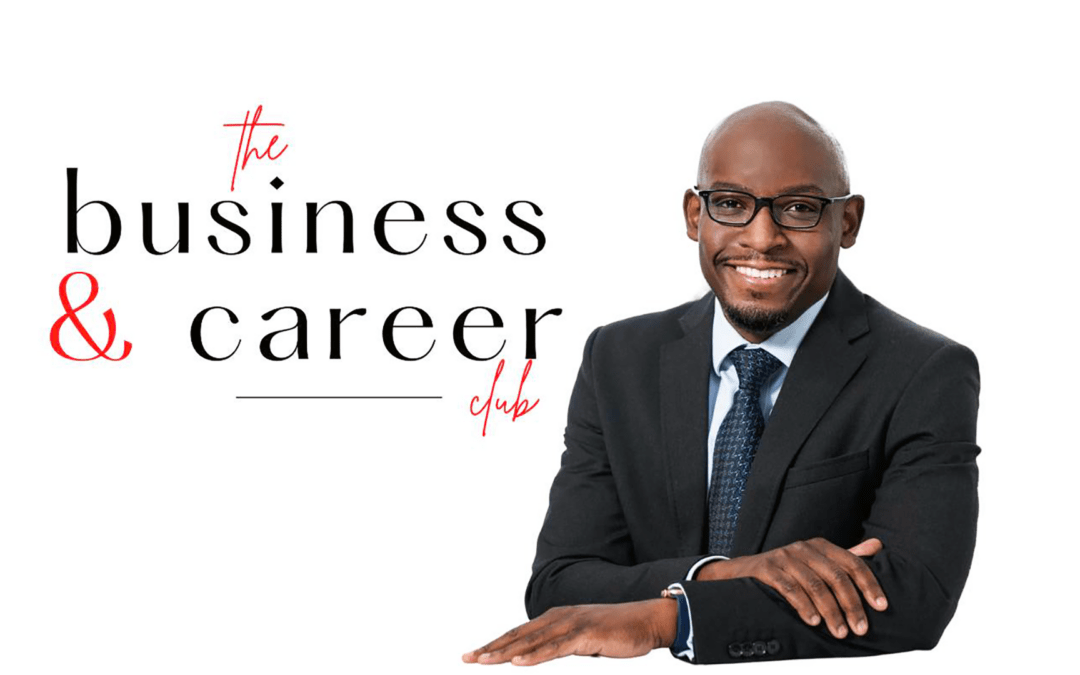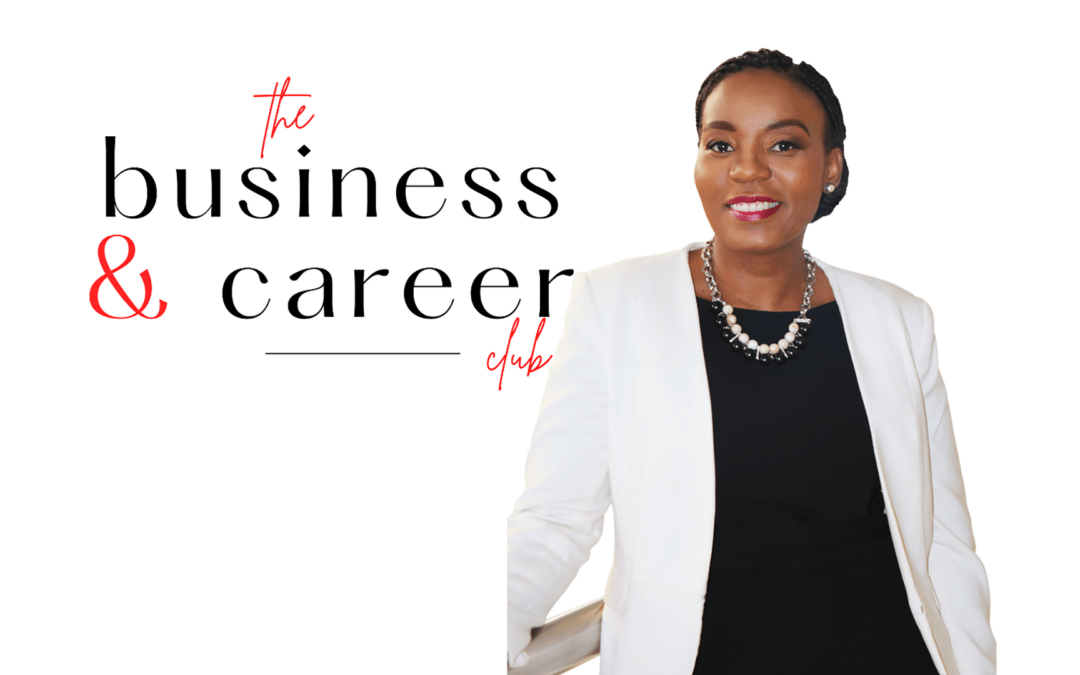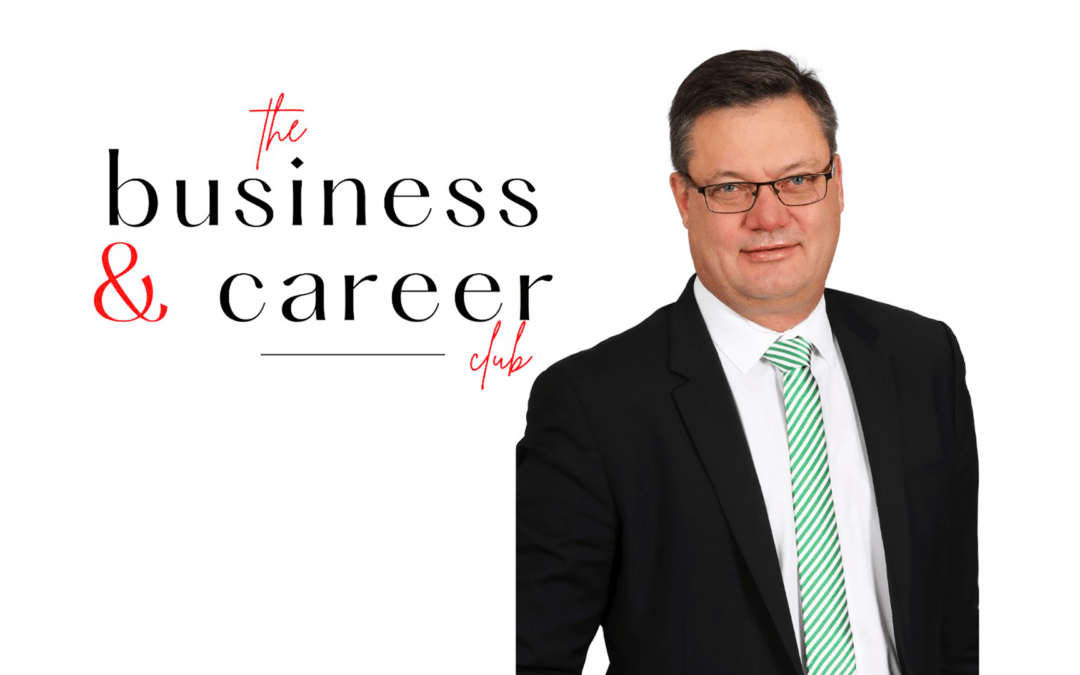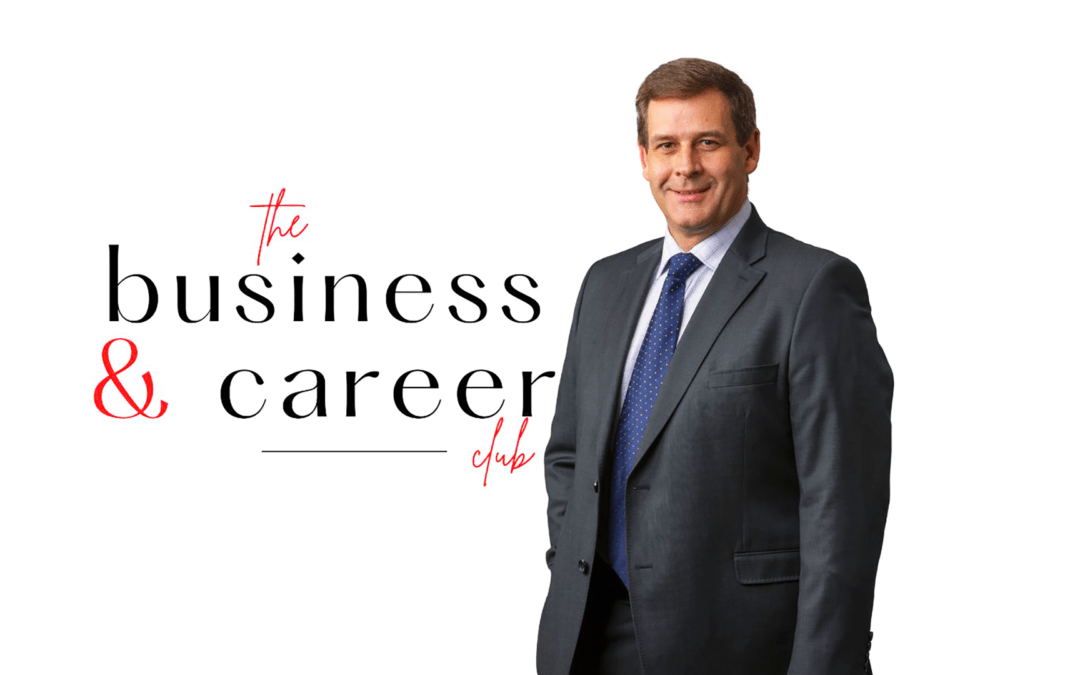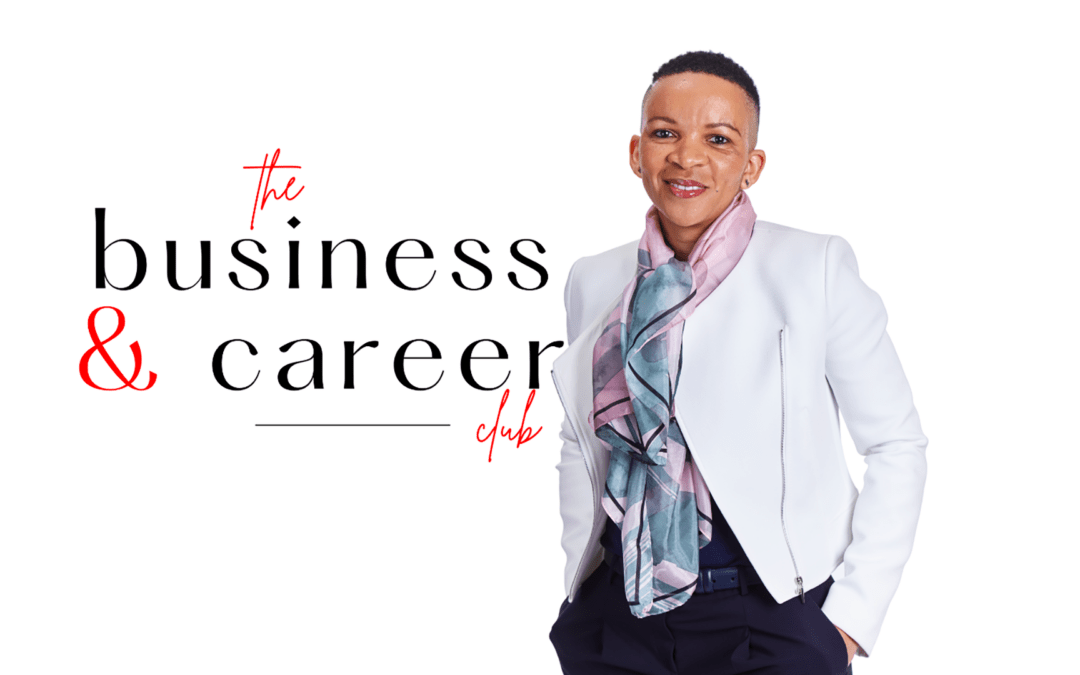Discovery Group CFO Deon Viljoen firmly believes that you should define yourself on who you are as a person rather than on what you do professionally. He may be the Group CFO of one of South Africa’s biggest and most prestigious companies, but what is most important to him is to live with integrity and care for his family.
‘Professionals should not lose sight of the privilege they have to be professionals in a country where the unemployment rate and poverty levels are so high. Coming back to the shared value idea, it is our responsibility to drive societal good to fruition. We can improve the solutions to societal problems if we put our minds together and it is up to each individual to figure out in what capacity they can participate in this.’
According to Deon it is important to be clear about what is important to you personally and what is important to you professionally. You should have a personal purpose over and above the organisation’s purpose and stay true to yourself first. With that clarity of purpose, you should not hesitate to bring in your perspective to the organisation because diversity of opinion is what makes an organisation stronger, he says.
Moreover, have an eye for opportunities so you can seize and drive them. In Deon’s world challenges should be viewed as opportunities for growth. ‘Never waste a good crisis because it is an opportunity for you to step up and contribute,’ he advises.
Deon also advises professionals to live with the career choices they have made rather than be consumed with ‘what-if’ scenarios that only fuel regret. He also reminds them that you need not fly alone when faced with a crisis and that you should know when you need the input of others to get to a solution.
‘On a management level, I have the view that people work with me rather than for me and I believe that to get the best out of people you must allow them to be challenged. It is also important to define the challenge because often people have different perceptions of what exactly the challenge is. I therefore encourage debate around what the issue is so that we can agree on it as a team. Aligning the team’s thinking on this is crucial, even if we do not align at the outset about what the solution should be.’
A final piece of advice comes in the form of a recommended read. Despite opting out of a career in science, Deon still enjoys reading non-fiction science books. He recommends A Short History of Everything by Bill Bryson, which, according to him, contains simple lessons on how to get from good to great.
This article is an extract from the Masters of Money book by KC Rottok Chesaina (JONATHAN BALL PUBLISHERS)
